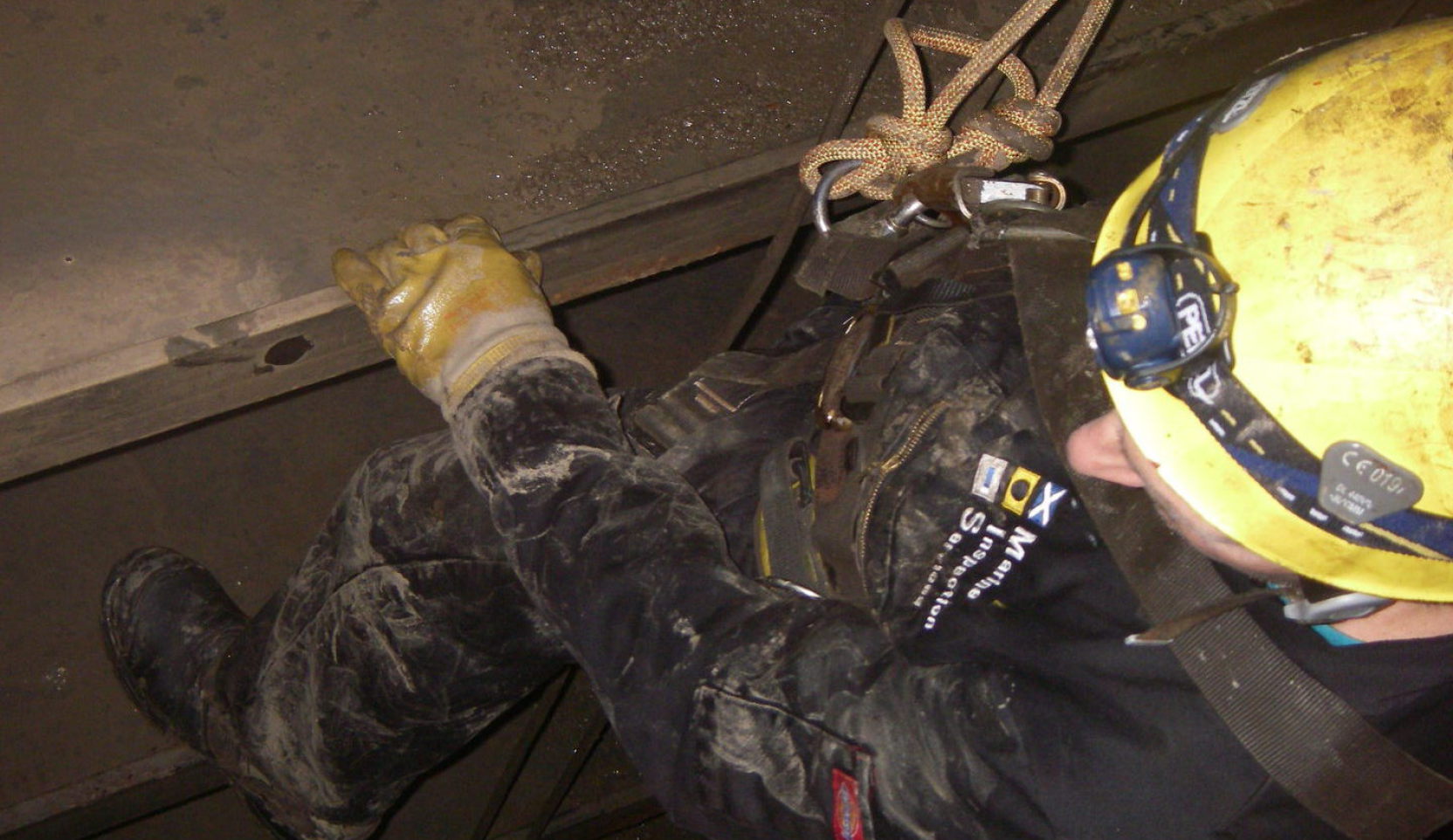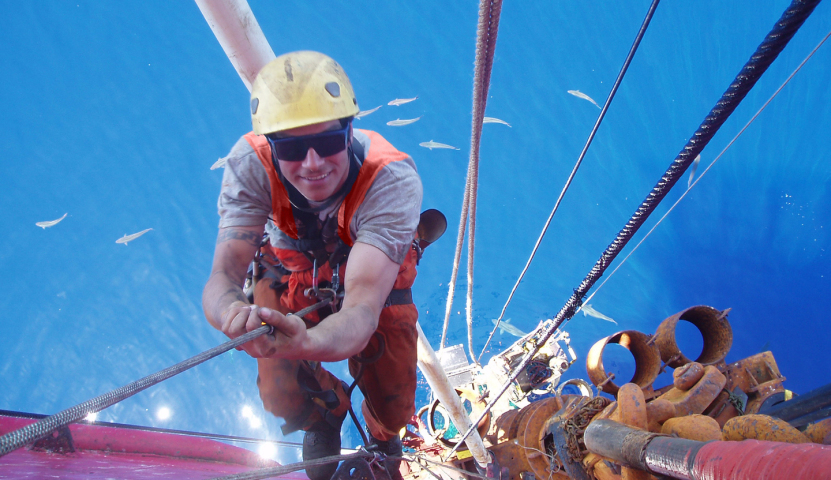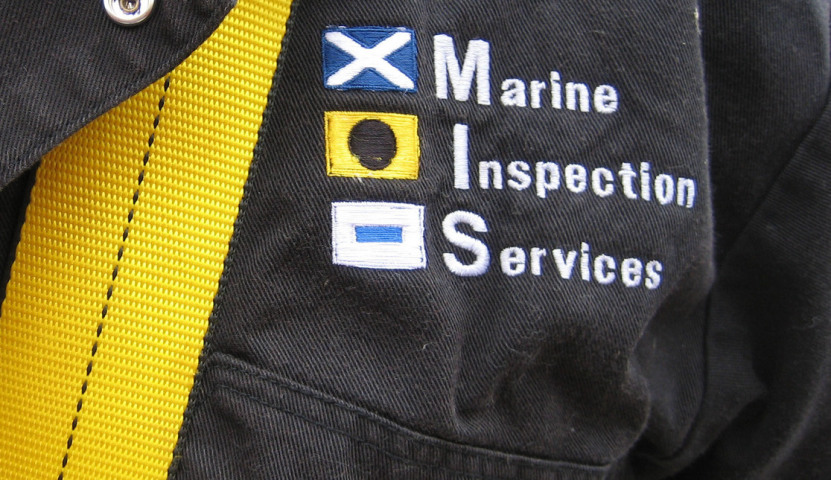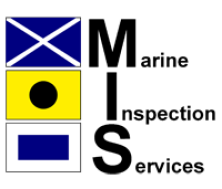Rope Access
Industrial Rope Access is a proven method of achieving a safe work position at height or in areas of difficult access. It was initially developed from techniques used in caving to answer the need for a simple, safe and adaptable means of access, and was first used for inspections on the oil and gas platforms of the North Sea.
Our inspectors have been performing rope access surveys on ships since 1993 and we now have extensive experience in the best techniques to use.
We have provided rope access surveys for some of the world’s largest shipping companies and oil majors, including Teekay, BP, Shell and MOL. We also perform rope access surveys on FPSO’s, and steel repairs using rope access. We are heavily involved in rope access surveys of underdeck structures in uncoated oil tankers and provide a complete repair plan with renewal dimensions and weights. This saves on unnecessary costs, as the survey can be undertaken whilst on a voyage and does not require staging.
MIS is able to conduct video/rope access surveying as part of the Class Close-Up Survey, with surveyors watching on monitors.
On a survey in August 2018, this reduced staging by 75%. Below is a quote from the attending DNV-GL Surveyors for this survey:
“The survey scope as specified in relevant DNV GL rules was fully covered. Quality of data obtained during this survey was considered equivalent to that normally acquired during traditional means of access.”
We have performed rope access surveys in a number of international shipyards, including Singapore, Portugal, Las Palmas, United Kingdom, Curacao, Norway and China.
All our inspectors are IRATA (Industrial Rope Access Trade Association) trained and examined. The standards required by IRATA are very strict and this is reflected in our exemplary safety record, which is based on a commitment to thorough training and diligent operational procedures.
The main features of rope access operations are:
-
The IRATA rope access worker works from two ropes -
a working rope and a back- up safety rope - and is permanently attached to both. -
Each rope has a separate anchorage point and in the unlikely event of the working rope becoming damaged or unusable, the safety rope prevents a fall.
-
To prevent accidental dropping, all working tools are attached to the technician at all times with heavier items independently suspended.
-
A minimum of three technicians are required for any job to enable mutual surveillance and safety.
-
All MIS technicians receive extensive IRATA training and independent assessment and are required to undergo re-
training every three years. -
IRATA training includes rescue procedures, even though IRATA has an unrivalled record of safe working.
-
All equipment is regularly inspected and well maintained.
-
IRATA Guidelines have been endorsed by the UK Health and Safety Executive (HSE).
MIS is committed to ensuring zero errors and accidents in Safety and Work Quality.
If you would like to discuss a project or arrange a quote, please feel free to email us at info@marinspec.com, or phone us on +44 (0)1305 257 438.




